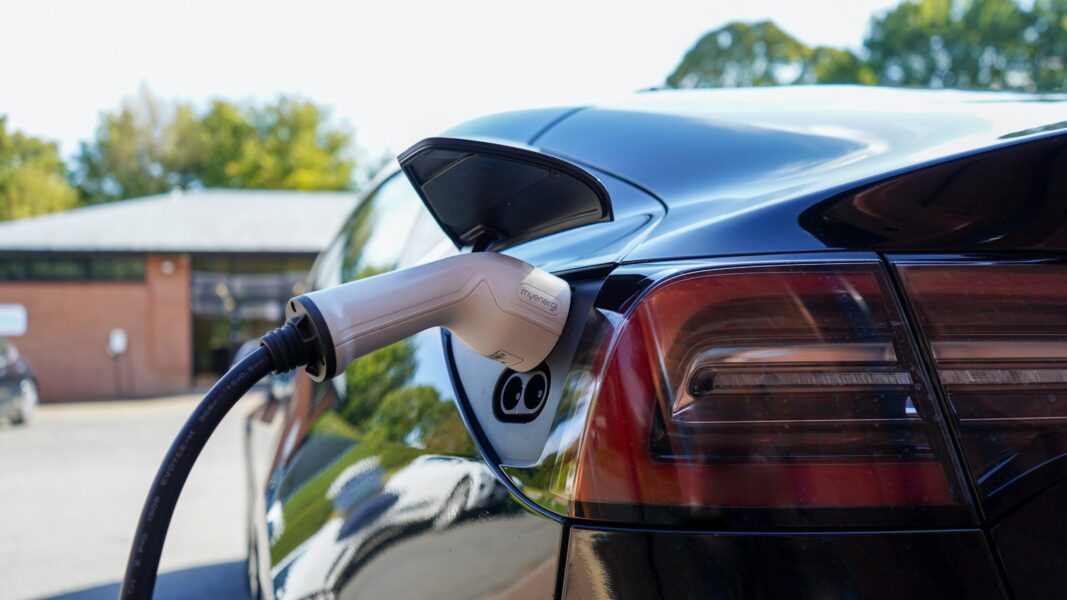If you search the site for EVs or Electric Vehicles, you’ll find every reason not to buy one, and thankfully, we’re not the only ones pointing it out. EV sales are lousy in the US, which has to be why Democrat states are looking to ban gas-powered cars.
They want you on an EV bus, a bicycle, walking, or better yet – living on an urban heat island confined to quarters. If you live under that yoke, here’s a reminder of why you need to make a change politically – if you still can.
EVs have a short shelf life compared to other vehicles. Whatever the battery warranty is, that’s it. It’s over. No one is going to buy it used; it is almost worthless as a trade-in. Given how much shorter this life span can be compared to a more affordable combustion engine vehicle (assuming you didn’t crash your EV and have to scrap it sooner), you will need another car. If you are an EV-tard, that’ll mean another whole-vehicle carbon footprint before its time and a repeat of what you just went through.
If you buy a used EV and the car is over five years old (Don’t do it!), You can expect to spend two to three times its value to replace the battery pack, which has been losing range rapidly since you bought it. You might get a few years out of it.
In other words, never buy a used EV. Just don’t do it. Here’s an example of the problem and why internal combustion engine vehicles are irreplaceable (disregarding the reality that EV trucks, tractors, and other heavy equipment will never be EV on this technology)
Take a new petrol-driven Renault Clio — it costs around £20,000, while its all-electric opposite, the Renault Zoe, costs closer to £30,000.
While you can drive a traditional petrol or diesel car for around 200,000 miles over 14 years before the engine needs fixing or replacing, by comparison a new EV is typically guaranteed under a warranty for 100,000 miles over eight years.
Should your petrol engine need replacing you can expect to pay around £5,000, but replace the battery on your EV outside warranty and you’re looking at an eye-watering £13,000 to £40,000, depending on the make of your car, if you fit a manufacturer’s new unit.
And there are external factors at play with battery degradation — including use of fast chargers and even a colder climate.
The high cost of EV batteries is a result of it being difficult to mine metals such as nickel, cobalt, lithium and manganese that are used in the lithium-ion batteries.
They are also in demand for the production of other electronics, including mobile phones and laptops.
In the most extreme cases, such as with a 12-year-old Nissan Leaf that cost £2,000 to buy, you can pay as much as £24,000 for a brand-new replacement 24kWh battery.
In contrast, for reasons that include auto-makers losing money on just about every EV they sell, which is recouped in the cost of combustion engine vehicles, everyday used cars might, for the first time in my life, be worth more than you paid for them. As in, you bought it a few years back, and it is worth more today. True story. Dealers are crying to buy your used vehicles. If you purchased it used and took care of it, it could be worth more than you paid.
We can thank Barry and the Democrats (Cash for Clunkers), the Biden EV mandate threats and the Gavin Nuiesce acolytes in states chasing the net-zero lie. Shutting down the global supply chain didn’t help (or should I say help?). Outsourcing so much of what we ought to be doing here played a hand, especially when the supply chain got bent sideways. All of which has made EVs more expensive as well.
They cost more, do less, and are worth less. That reminds me of a slogan I crafted to describe the Democrat Party.
I think I’ll take another stab at that.
To be fair, there is one bright note about the used EV problem. Maybe it is cheaper to buy used EVs, drive them for a year or two, and when the battery can no longer get you out of your driveway, get another. They should be cheap. But as with the solar panel and wind turbine end-of-life problem, you might find the cost to scrap it is another expense no one bothered to tell you about.

